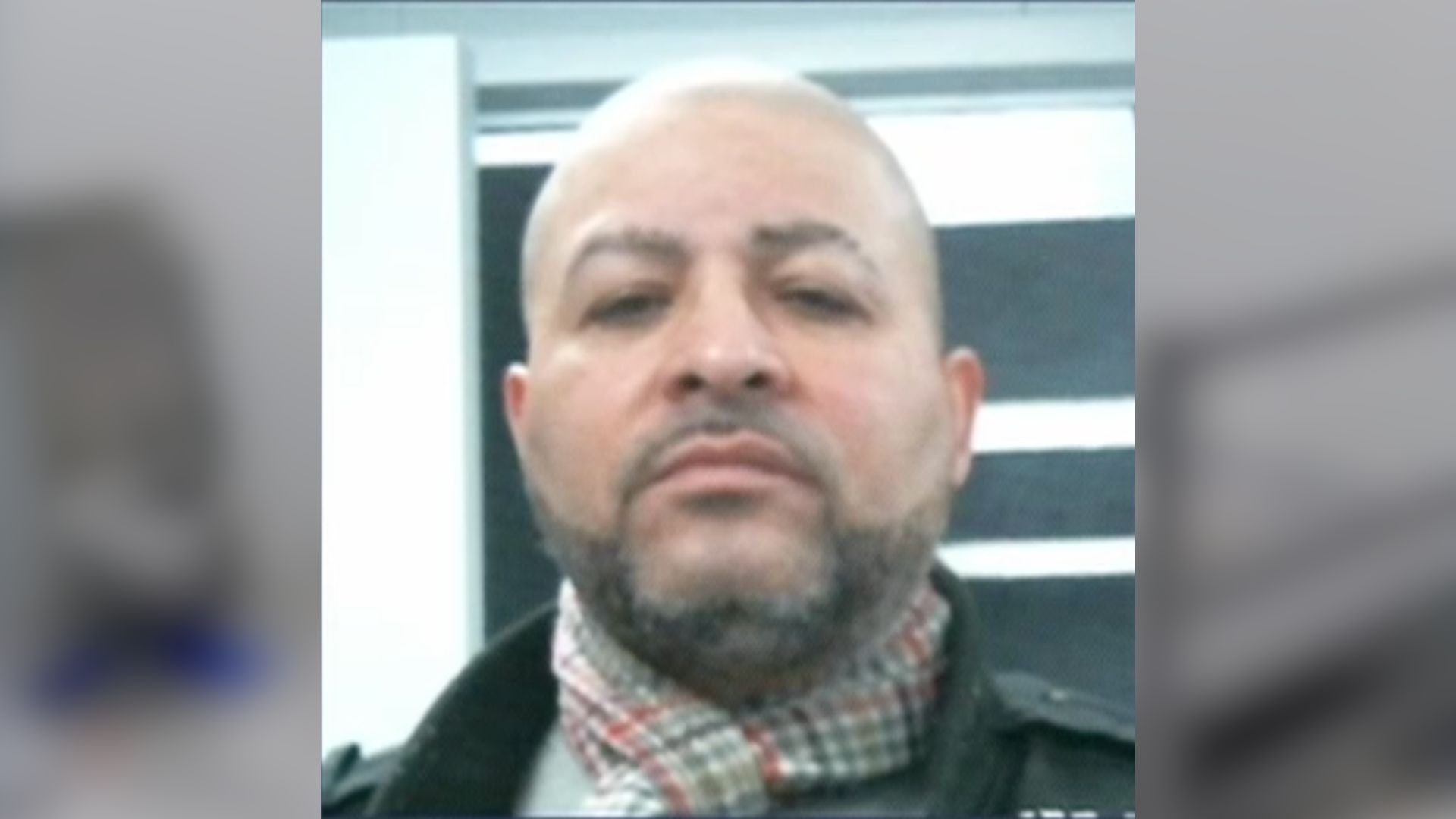You could smell it before you could see it.
"This is tame compared to what you guys are about to see. This is simply the wildland portion of it, the grass and trees getting burned,” Cal Fire's Dave Lauchner told Newsy as he drove through what was left of the town of Paradise, California.
In Paradise, it's easier to count what wasn't destroyed. The elementary school is a scorched shell. The hospital is surrounded by security fences to deter looters, law enforcement says.
We've been driving through the town of Paradise for about an hour. We've seen dozens of cars like these, just completely decimated, blown out. We're seeing tons of downed power lines and a lot of houses that are left to their foundation.
The Camp Fire has destroyed more than 10,000 homes and buildings. And the numbers keep going up. More acres burnt. More remains found. Now, Paradise is closed off as crews work full-time to search for remains. There are more than 450 investigators combing the town. Sheriff Kory Honea says they've also hired a rapid DNA analysis company to help with identifying remains.
"We came up and it took our breath away. I mean, the devastation is just so great out there," Lauchner said. "It's ... everywhere. This is — this is the most severe fire I've ever seen."
"This here is a prime example of one of the big dangers on why we're concerned on letting citizens back into the community of Paradise, Concowl and Magalia," Lauchner said. "This is exactly what we're scared of. If you look at the tree base on the inside, it's completely burnt, completely gone, but if you look on the outside you can hardly see any damage to it at all. ... What happens is ... it smolders inside, and eventually this tree could have come down, and if it was a firefighter or a person, it could have crushed them."
Even in this dangerous environment, search crews work daily until the last light. Sundown in Northern California is just before 5, and a thick haze worsens visibility. The National Weather Service says light winds and a layer of warm air higher in the sky is trapping the smoke low to the ground. There's a chance of rain near Thanksgiving, and that's a bright spot for first responders. The rain, that is — they’re already planning on being out here working through the holidays.




 At Least 58 Dead As Series Of Wildfires Spread Across California
At Least 58 Dead As Series Of Wildfires Spread Across California






